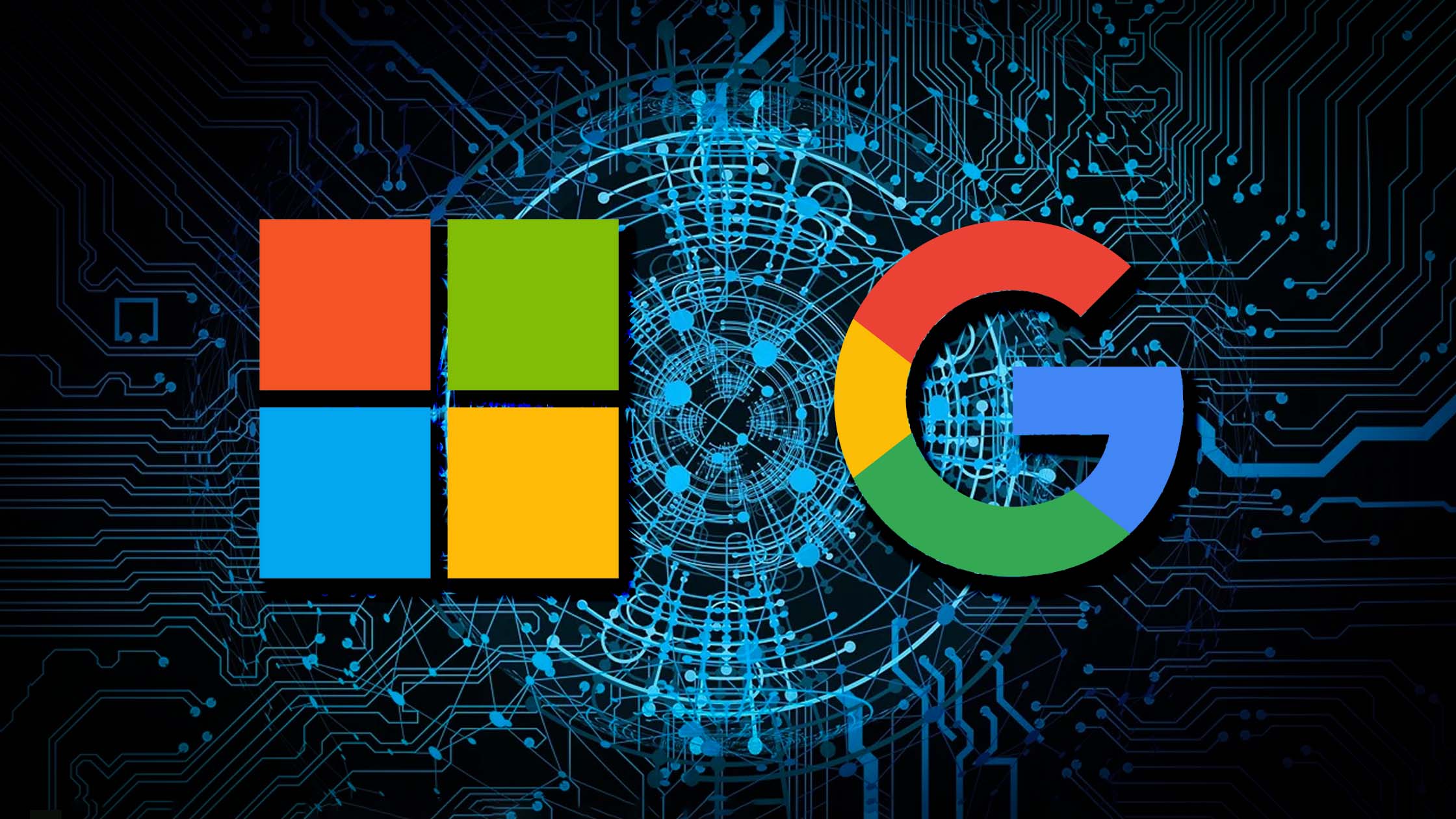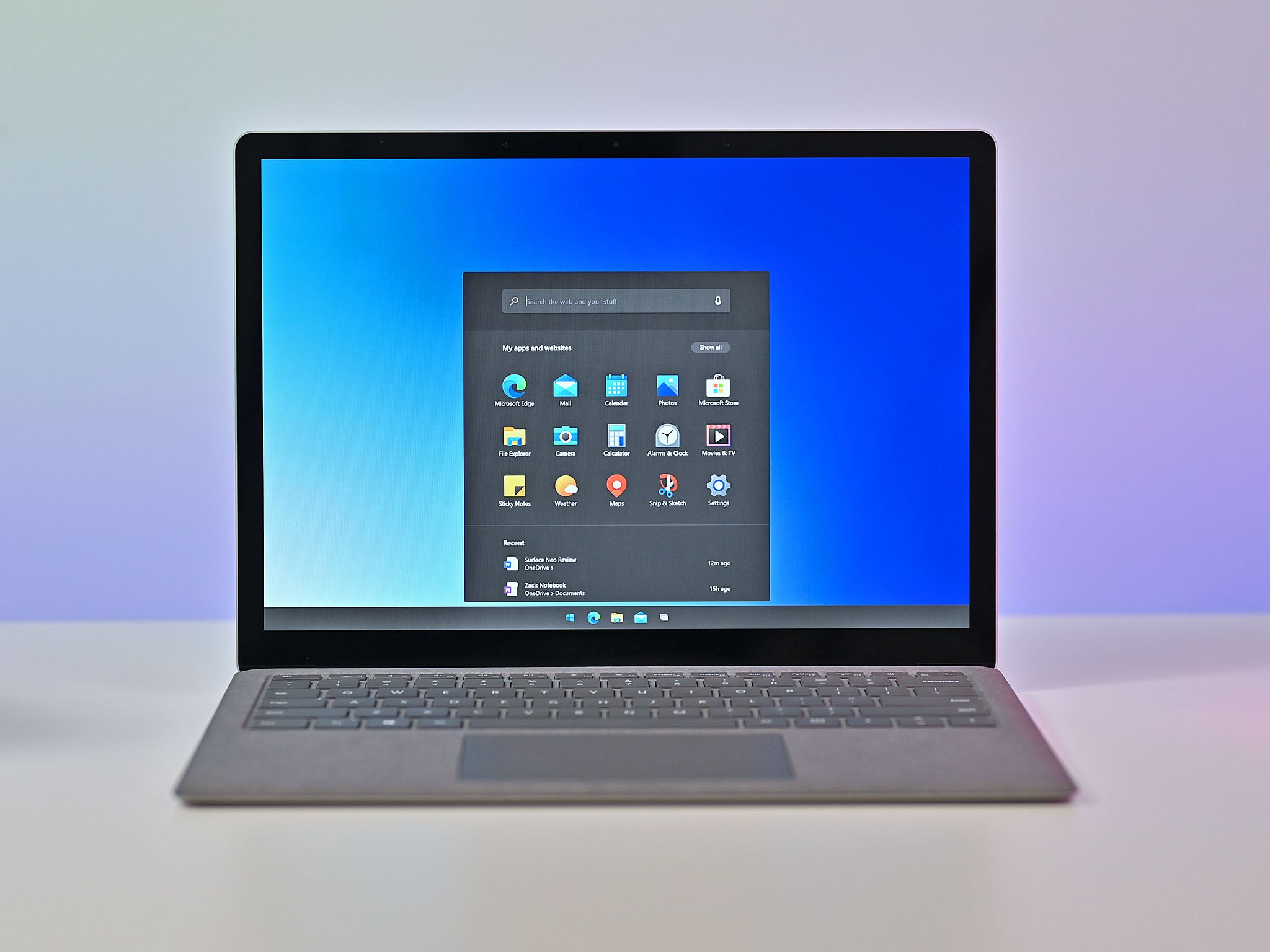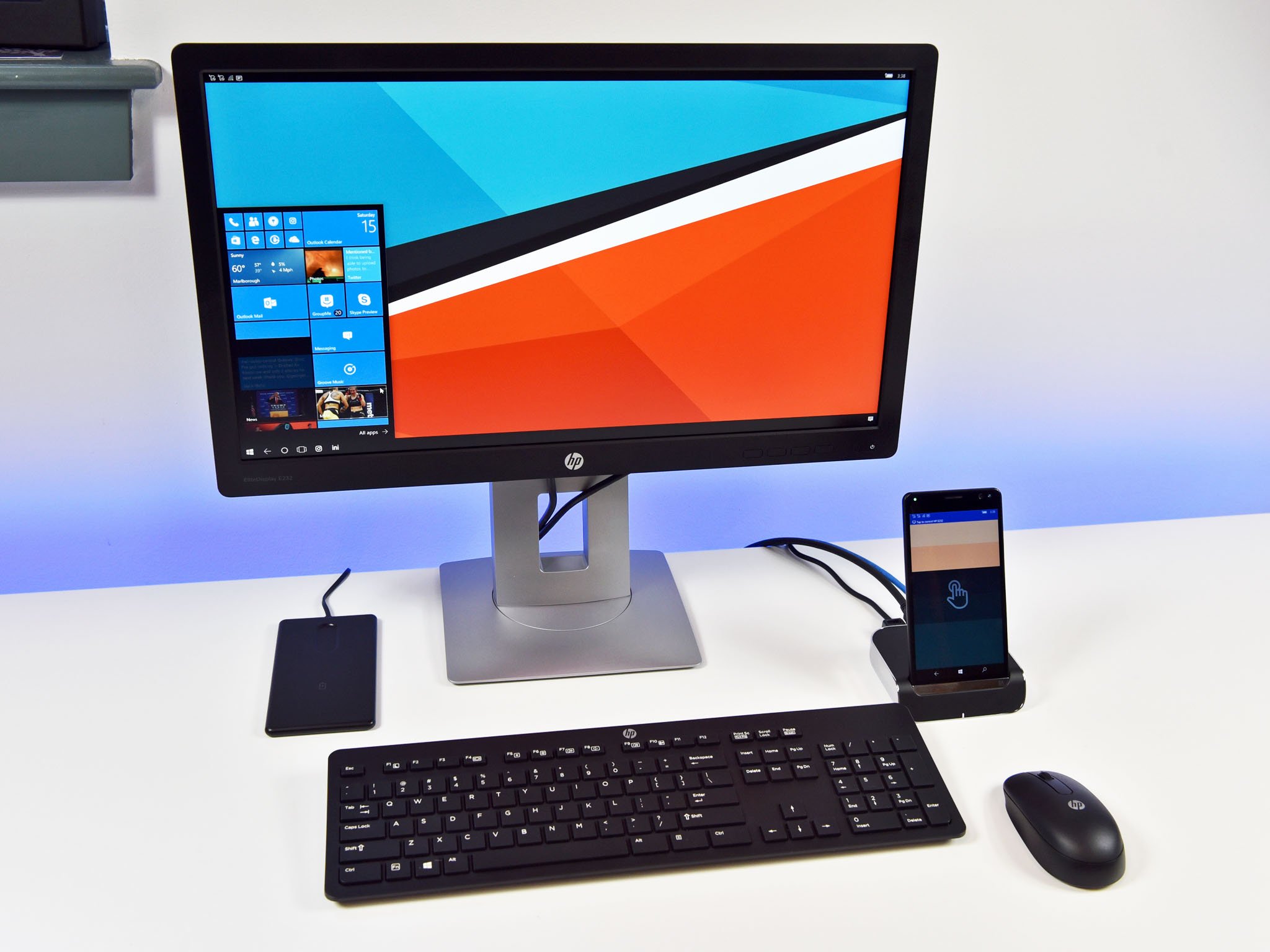Google is building the Android PC and phone convergence platform that Microsoft failed to deliver with Windows — Qualcomm calls it incredible
Google and Qualcomm are working together to bring Android to the PC form factor. That's potentially the biggest threat to Windows that Microsoft has ever had to deal with.

All the latest news, reviews, and guides for Windows and Xbox diehards.
You are now subscribed
Your newsletter sign-up was successful
Google is coming for Microsoft’s lunch, and Qualcomm might just help them along the way. At this years Qualcomm Summit, Google’s Rick Osterloh confirmed that the company is building a unified Android platform that will run on not only smartphones, but PC form factors too: “We are building together a common technical foundation for our products on PCs and desktop computing systems,” Osterloh said.
This isn’t the first time Google has teased that such a project is in the works. In fact, it has mentioned several times now that it has plans to bring Android to PCs in an attempt to seriously compete against Windows and macOS with a real desktop-class operating system. Google is planning to bring the full Android AI stack, along with Android apps and developer community to these new Android PCs.
Qualcomm CEO Cristiano Amon says the project “delivers on the vision of convergence of mobile and PC,” which is something Microsoft attempted to do with Windows a decade ago with Windows 10, Continuum, and eventually Windows Core OS. Unfortunately, Microsoft pulled the plug on its converged operating system before it had the chance to take off. Now, it looks like Google wants to bring to life what Microsoft failed to.

Both Apple and Google have slowly been converging their mobile platforms with the PC form factor. iPadOS is Apple’s attempt at scaling up iOS to become more desktop-like, and now Google is doing the same with Android. With the foundations it has already laid with Chrome OS, the relationships it has built with PC makers, and the thousands of Android apps that are already available, Google is in a pretty good spot to make a good go at this.
Of course, Chrome OS never really took off in the way Google was hoping it would, and so there’s no guarantee Android-powered PCs will be any different. With that said, this news should still be ringing all kinds of alarm bells for Microsoft. Both Google and Apple are coming for the PC market with more lean and modern operating systems, something Microsoft doesn’t currently have.
Windows 11 is not a modern platform by any stretch of the imagination. It’s built on decades of legacy code, and designed to maintain backwards compatibility with software from the 90s. This has its benefits, but it also comes with major drawbacks such as bloatedness, slower performance, less efficiency, and higher risk of potential security or stability issues. It also means Windows today can’t run on form factors outside of the PC space.
That has severely limited Windows’ growth potential over the last handful of years, to the point where Windows as a whole has slowly been losing market share for years. Where Google and Apple are thriving in bringing their operating systems to new and interesting form factors, Microsoft is stuck with PCs, because it has given up on trying to bring Windows to anything else.
All the latest news, reviews, and guides for Windows and Xbox diehards.

Up until now, that’s been okay. Google and Apple haven’t really been interested in coming after the PC market, but the tide is changing, and these companies are now interested in taking a bigger bite out of Microsoft’s pie. Apple Silicon really turned the Mac platform around, and iPadOS is in a better place than ever to replace the laptop for most people. But it’s Google that Microsoft should be really worried about.
Unlike Apple, Google already works with PC makers like HP, Dell, and Lenovo, and likely has a good working relationship with them. If Google comes along and offers something better than Windows, with a large app catalog, leaner OS core and faster performance, why wouldn’t there be interest from OEM makers? For most people who just use Windows for Office, web browsing, Teams/Slack, and media consumption, an Android PC will fit the bill.
If Android PCs do take off, I think Microsoft is going to have a hard time fighting to keep its userbase. Through years of enshittification, Microsoft has lost any goodwill it had with its users on Windows, and I wouldn’t be surprised if a large chunk of the Windows userbase is already open to jumping ship should something better come along.
Ultimately, if Google really is bringing Android to PCs next year, Microsoft will need to take action. It’s going to need to start innovating in the OS space again, building good features that people want, and modernizing the platform so it can better compete head-to-head with these more modern rivals. But will Microsoft want to do that, or is it happy to conceded the market to Android?
That remains to be seen.

Follow Windows Central on Google News to keep our latest news, insights, and features at the top of your feeds!

You must confirm your public display name before commenting
Please logout and then login again, you will then be prompted to enter your display name.
